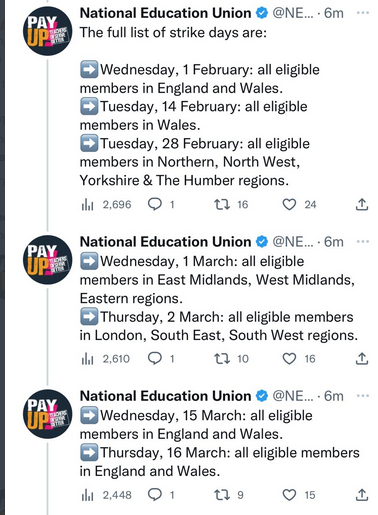Kim Wright
Kim Wright is set to become the new Chief Executive of Brent Council subject to ratification from Full Council on Monday January 23rd.
Brent’s Senior Staff Appointments Committee (Councillors M. Butt, M. Patel, Knight, Krupa Sheth and Kansagra) has recommended Kim for the Chief Executive role following what the Council called 'a rigorous and competitive recruitment process.'
Brent Council on its website announcement said:
Kim Wright has been Chief Executive of Lewisham Council since October 2019 where she led the council’s response to the global pandemic as well as being the lead Chief Executive for South East London as part of the resilience arrangements that were set up at the time. During Kim’s time at Lewisham the authority has been praised for its work supporting homeless people while the number of residents saying the council runs things well and provides value for money improved significantly. There were also improvements in staff satisfaction levels.
Before joining Lewisham, Kim held a number of Corporate Director roles at Hackney Council which all involved working as part of the senior leadership team to drive improvement and change. Before that Kim worked at Barnet Council and before that Spelthorne Borough Council where she started her local government career in leisure services.
Kim holds a number of pan London roles – as Chair of the London Recovery Board’s Tackling Structural Inequalities sub group; as co-Chair of the London local government Tackling Racial Inequality Group; and as Deputy Chair of London’s Local Resilience Forum, representing all 33 local authorities.
Cllr Muhammed Butt, Leader of Brent Council, said: "Kim is an outstanding Chief Executive with a fantastic range of abilities and skills that are just right for Brent. We have made lots of progress in Brent over recent years, despite the tough circumstances we have faced. I am keen to welcome Kim to Brent and continue that journey as we seek to build a better Brent and leave no one behind.”
Last year, Brent’s long-serving and highly respected Chief Executive Carolyn Downs announced her intention to retire in April 2023 after a hugely successful career in local and central government.
Kim is set to take up the role of Chief Executive from May 2023. She said: “I am delighted and excited to be recommended as Brent’s next Chief Executive as it is a fantastic place that is one of the UK’s most diverse boroughs, and which is bursting with opportunities. I know how ambitious everyone at Brent is to make a positive difference to local people’s lives. I am really looking forward to working closely with colleagues, members, partners, and residents to do everything we can to create a fairer and more equal borough.
“I’d also like to say what an honour it is to take over from Carolyn Downs who has been one of the most respected public sector chief executives in the country for decades. Carolyn has been an inspiration to so many people, including many women due to the glass ceilings she has broken, and I am determined to build on the impressive legacy she leaves.”




